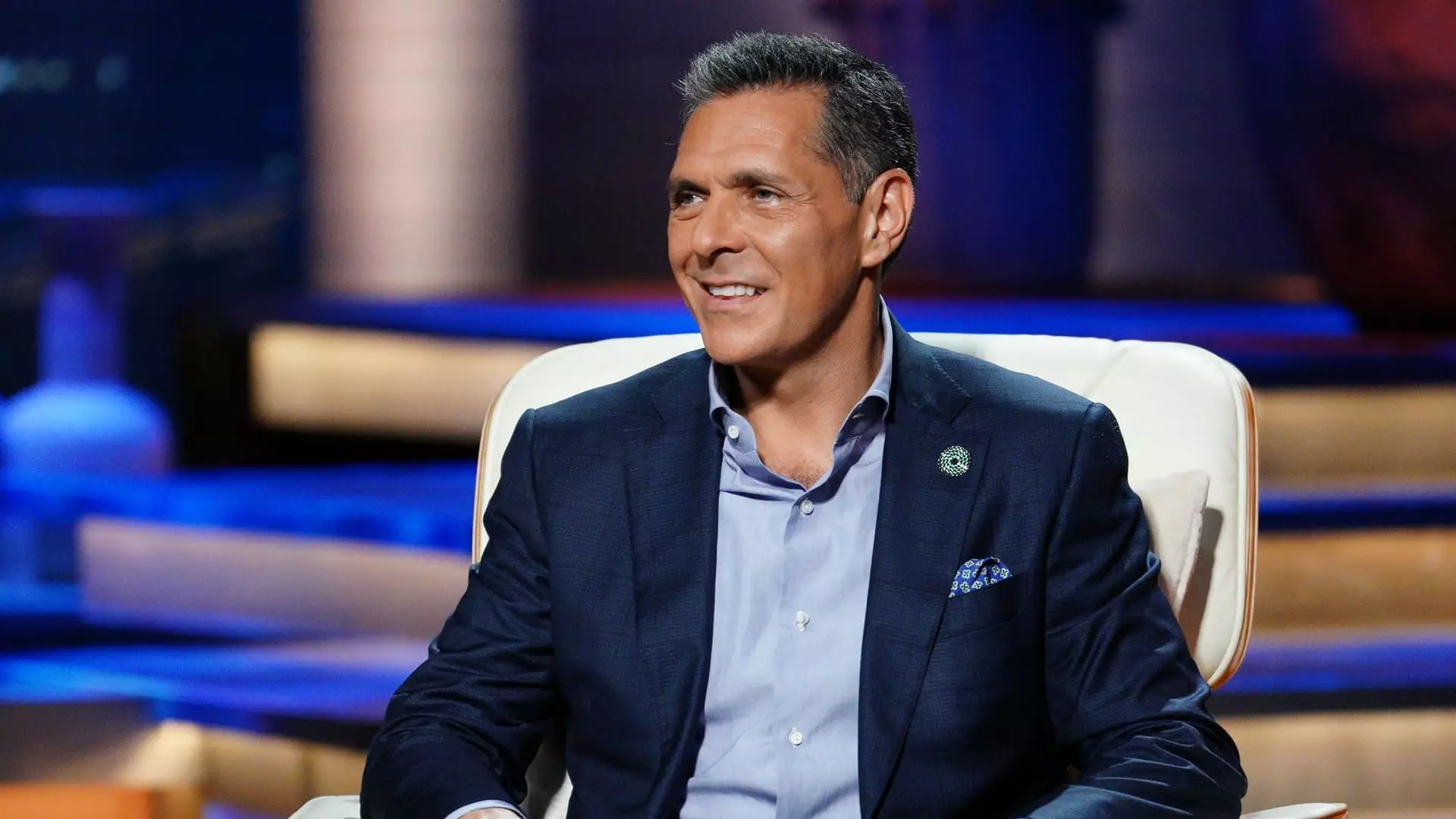In recent years, the rise of family offices has transformed the investment landscape, particularly among the wealthy elite who have built their fortunes in consumer goods. At the forefront of this movement is Daniel Lubetzky, the mastermind behind Kind snacks. Following his successful sale of a significant stake in the brand to Mars in 2020, Lubetzky transitioned from simply reaping the benefits of his culinary empire to crafting a new narrative focused on longevity and well-being through his venture, Camino Partners.
This emergence of family offices, like Lubetzky’s, is more than a mere trend; it expresses a deeper yearning among wealthy individuals. They seek to transcend traditional investment portfolios by integrating their personal values with professional pursuits. No longer confined to the idea of passive income, these family offices desire to make impactful investments that resonate with their commitment to health, wellness, and sustainability. Lubetzky’s foray into fitness chains and home health-care services marks a noteworthy pivot, illustrating a landscape ripe for innovation.
Consumer Education: The Driving Force Behind New Investments
The evolution in strategy for many family offices reflects a burgeoning awareness of consumer health needs. As Elle Lanning, president of Camino Partners, puts it, there are distinct “waves” of consumer education and availability impacting how we view health. The first made its mark through nutrition, characterized by a glut of health-oriented products flooding the market. Now, in a current shift towards fitness and holistic well-being, family offices are moving in the direction of solutions that promote longevity.
This extension into the realms of fitness and health care is not just a business strategy; it embodies a philosophical shift. It invites investors to think beyond monetary gains and concentrate on societal benefits that can emerge from their entrepreneurial skills. While Lubetzky once sought to nurture fledgling startups, the realization that investing in established firms better aligns with the market’s realities is commendable. It reflects an astute understanding of the risks involved in entrepreneurship; after all, supporting a struggling venture is akin to nurturing a fragile ecosystem.
Bridging Tradition and Innovation
Among the prominent characteristics of modern family offices is the need to adapt. Investors like Peter Rahal, founder of RXBar, have translated their robust understanding of consumer dynamics into investments beyond food, landing in tech and sustainability. This versatility signifies that wealth amassed in one industry can thoughtfully transition into others that may seem removed from its origins.
It is essential to note that this cross-industry investment is not just opportunistic; it also reflects a commitment to impactful innovation. With the world grappling with issues like climate change and food waste, investing in biodegradable packaging firms or technology platforms is indicative of a broader shift in capitalist sensibilities. It demands that the wealthiest examine the consequences of their consumption patterns and create a legacy not only for personal gain but also for societal enrichment.
The Personal Connection to Investment
Daniel Lubetzky’s perspective on investing is intriguingly personal; it challenges the often detached nature of financial decision-making. His struggle to accept the harsh realities of early-stage companies—recognizing when to let go—is emblematic of a more compassionate approach to capitalism. It acknowledges the human element behind business ventures and the lives tied to successes or failures.
Investing in people, not just ideas, is a paradigm that strengthens the ethical framework that many contemporary family offices now embrace. By leveraging expert insights when branching into unfamiliar territories—like aerospace or deep tech—companies like Camino can maintain their core values while navigating new waters. This duality between compassion and strategy stands as a hallmark of modern investment.
The evolution of family offices, led by pioneers like Lubetzky, is inspiring a new chapter in wealth management. The integration of personal values, societal concerns, and progressive strategic planning ensures that these affluent entities are not merely savings accounts, but dynamic collaborators in the pursuit of impactful solutions for the world. This transition signifies that wealth can be a force for good, and those who wield it have the power to reshape the narratives surrounding consumerism and health for generations to come.

